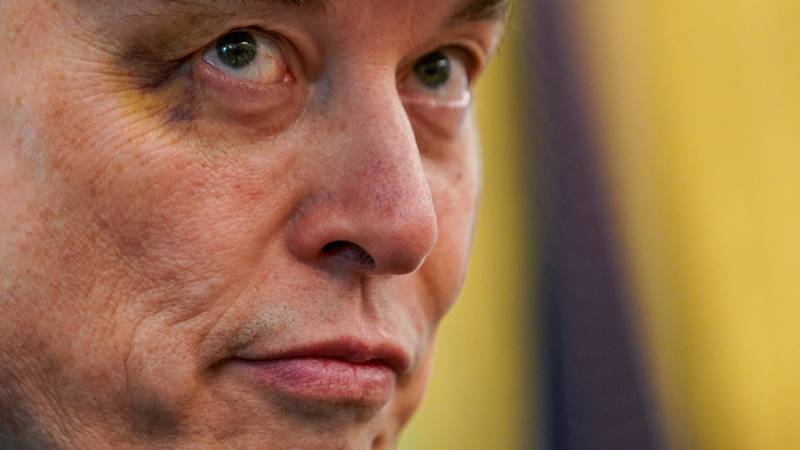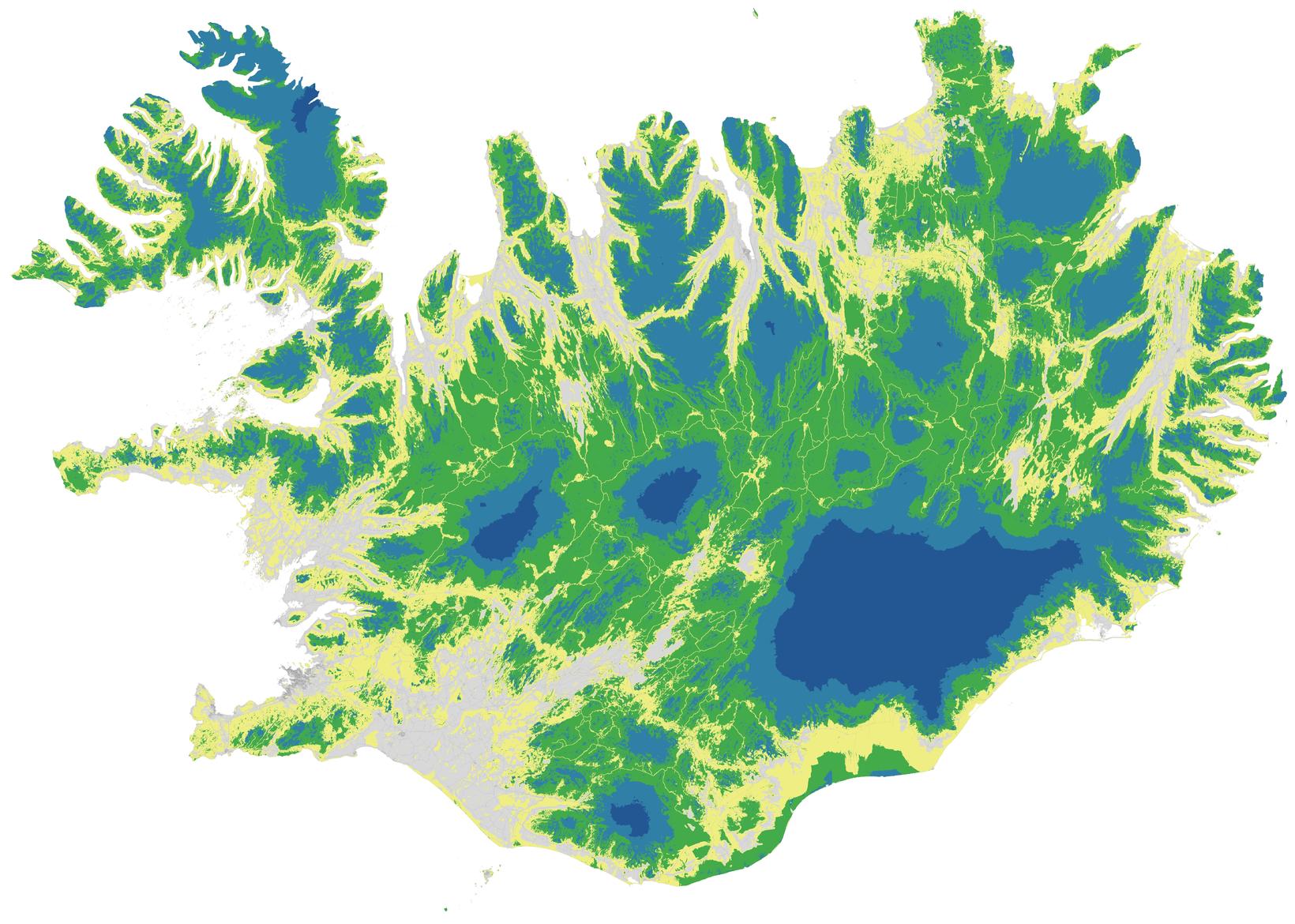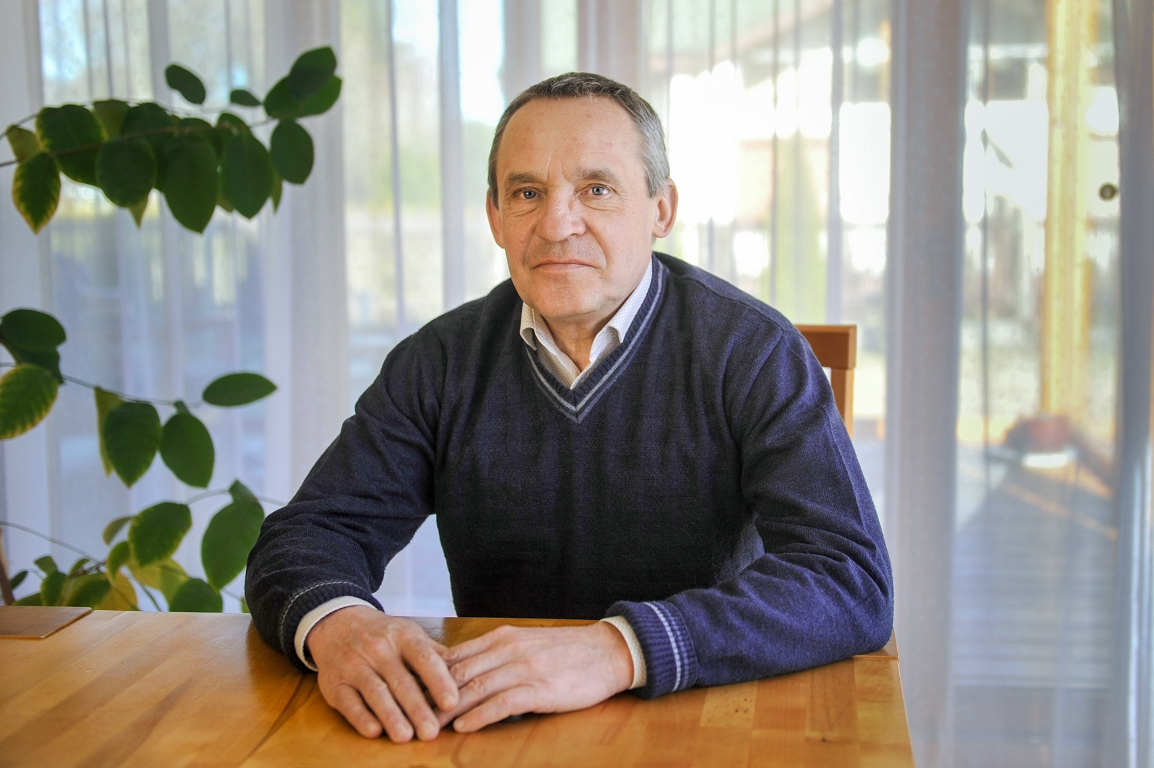Trump and Zensky collision shifts attention to political The Hague to geopolitics, to the displeasure of the PVV
:format(webp)/s3/static.nrc.nl/wp-content/uploads/2025/03/01165814/web-0103BUI_ReconstructieZelenskyTrump01.jpg)
For the first time since the November 2023 elections, there seems to be one vibe In Dutch politics. Migration and asylum, the themes with which the PVV booked a huge victory (37 seats), determined the conversation in The Hague. The PVV released that dominance of one theme, and paralyzed other parties.
But the conversation in The Hague is going in a completely different direction these weeks. The geopolitical relationships change so quickly that parties have difficulty keeping up. Certainties and old alliances disappear, new choices about money, about defense and about foreign politics are rapidly necessary. And every party leader feels: there is something big going on, we have to adapt quickly to the new situation.
And it is precisely in this dynamic that the radical-right PVV thrives poorly. Geert Wilders' party looks uncertain in the new era. And there are good reasons for that.
First: every populist party, including the PVV, wants to distinguish itself from the rest by means of the appearance of simplicity. But the position of the PVV on Trump, Russia and Ukraine is far from that. On the contrary: there is sometimes no rope to tie, they find in the coalition.
The uncertainty of the PVV could be seen after the completely out of hand encountered between Donald Trump and his entourage with the Ukrainian president Volodymyr Zensky. Almost all party leaders in the Lower House condemned Trump's behavior and vice president JD Vance, and recorded it for Zensky.
Wilders took an unclear position. He mentioned the display on X « Fascinating television, » but « not the way to end a war, gentlemen. » He later wrote that the PVV supports Ukraine with conviction. But he also criticized « the hysterical anti-trump pound. » Without the US there will be no peace in Ukraine, he wrote.
Read also
A conversation on the White House that took a dramatic turn when a aggravated Zensky bite
Two MPs from the PVV, Emiel van Dijk and Patrick Crijns, Retweeten X messages that made Zensky ridiculous ridiculous. Van Dijk Retweete a message from Donald Trump Jr. in which Zensky was called a 'mini -(dwarf). Later both MPs removed their retweets again. It is unclear why, the PVV does not want to give an explanation.
Russian disinformation
It was reminiscent of the receding movement that Minister Marjolein Faber recently made in front of Jaïr Ferwerda's camera of the talk show Renze. She called Zensky « not democratically chosen. » For a short time she came back to her words. She « should have known » that Zensky was indeed democratically elected and that no elections can be written out due to the war.
What exactly does Wilders want? He is constantly forced to do this in the defensively
In her first reflex, Faber came up with Russian disinformation, and then came back to it. And so the PVV has been slipping through this file for a long time. Wilders confirms, also in a parliamentary debate of two weeks ago, that he sees Russia as the instigator of the war. That in itself is painful, because Wilders, like many other radical-right politicians, has undergone a flirtous period with President Vladimir Putin. That position had become untenable for Wilders after the raid in Ukraine in 2022, but the fact is that he has something to explain something.
For those who still want to express Wilders, Donald Trump is. At a congress for radical-right politicians in Madrid, he called Trump a « Brother in Arms » last month. Their motto was « Make Europe Great Again, » said Wilders. But now that Trump is throwing the existing world order upside down and damages European alliances, it also radiates on Trumps radical-right allies in Europe, including Wilders.
But although Wilders now designates Russia as an aggressor, he is against participating in a military mission to maintain a possible peace agreement. The PVV voted against a motion by Government Party VVD and opposition party GroenLinks-PvdA to « support military, financial, moral and political » and to give the strongest possible position in any negotiations. A cleverness of the petitioners: the text of the motion is literally in the outline agreement that the PVV had also signed.
Weak position Wilders
It is typical of the weak position of Wilders: what exactly does he want? He is constantly forced in the defensive. In the debate he did not come out, like more often, but he made careful commitments. He kept the opportunity to support Ukraine financially, but did not want to send troops. He summarized his position like this: « It is not just bad and torment and that we are against everywhere. »
Just like voters from other parties, PVV voters are also increasingly concerned about the course of the US and the consequences for European safety. More than half of the PVV voters are for strengthening European defense, research by IPSOS I&O. Even more striking: more PVV voters are for a European army (39 percent) than there are PVV voters against (25 percent). Wilders therefore not only defends a complicated position, it is also a position that does not share a large part of its own supporters.
Next Wednesday, the House of Representatives will debate about the upcoming EU summit, and it will also be about three years of war in Ukraine. A special debate about Marjolein Faber, which wants to apply for D66, will probably be stopped by the coalition. In Wednesday's debate, the complicated position of the PVV will again become a popular subject of conversation.
The motion that the VVD submitted with opposition party GroenLinks-PvdA shows two things that can also be seen in the coming days. The VVD has been reluctantly in this coalition from the start, and everything they do seems to be ahead of a fast cabinet trap. In international field, VVD leader Dilan Yesilgöz can find it better with Frans Timmermans of GroenLinks-PvdA than with Geert Wilders.
Frans Timmermans now also seems willing to enter into this collaboration. He can help the part of the coalition that support his ideas about the US, Russia and Ukraine (VVD and NSC). For Timmermans, who, as former Minister of Foreign Affairs and former Euro Commissioner, has a wealth of international experience, it cannot be often enough about geopolitics. He argued last month in a lecture For substantial extra expenses for defense, buying up companies in the arms industry and much greater European cooperation. Not only on Wilders, but also on him, the eyes are focused in the coming weeks.

:format(jpeg):fill(f8f8f8,true)/s3/static.nrc.nl/wp-content/uploads/2019/07/fritshome.png)
:format(webp)/s3/static.nrc.nl/wp-content/uploads/2025/06/05221551/web-0506BIN_Jonge.jpg)
/s3/static.nrc.nl/images/gn4/data133280221-bb4cba.jpg)




